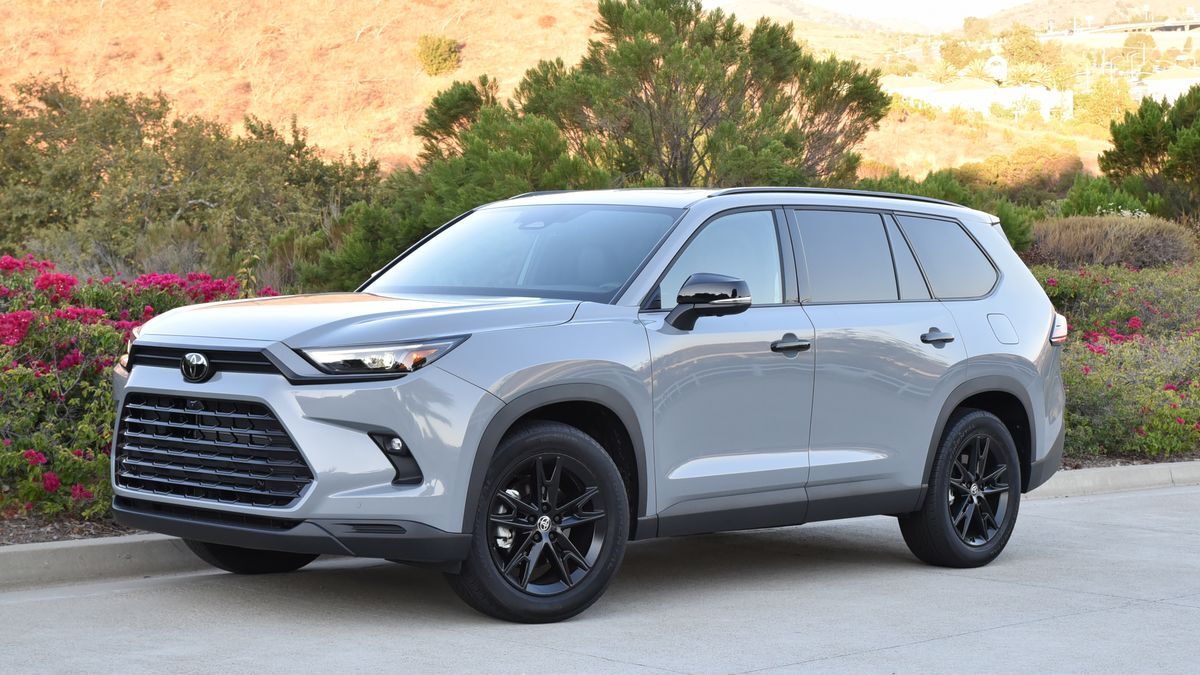We’re not sure which is more shocking: Some automakers collect data on how you drive without your knowledge, or they’ll sell it for about a quarter. But a pair of United States senators are calling attention to the practice in hopes of getting the federal government to put a stop to it.
The two have asked the Federal Trade Commission to investigate the practice and “hold the companies and their senior executives responsible.”
Your Car May Spy on Your Driving
The practice came to light in March when The New York Times reporter Kashmir Hill discovered that General Motors had kept and sold data on every time she accelerated or braked hard in her new Chevrolet.
Related: Your Car May Snitch On Your Driving, Raise Your Insurance Costs
Many of today’s cars maintain a constant connection to the Internet and collect data on how they’re used. General Motors, the Times found, used that capability to produce reports on the driving styles of many owners. The reports could stretch to hundreds of pages, all automated records of trips.
GM had collected the data through a program ostensibly designed to coach drivers to be more fuel efficient. But the Times found that some drivers hadn’t signed up for the program. GM paid dealerships a bonus to sign up drivers; some signed up customers without their knowledge.
It wasn’t just GM, the Times found. Many automakers sell reports to two data brokers — LexisNexis and Verisk — that then sell them to insurance companies. Those companies use them to evaluate the risk of insuring a particular driver.
Phone Apps Do It, Too
It wasn’t just automakers, either. Further reporting found that some phone apps, like gas price tracker GasBuddy, do the same through your phone’s accelerometer.
GM Stopped; Many Others Have Not Commented
Called out by the Times, General Motors stopped selling the data and shuttered the coaching program. The company then hired a “Chief Privacy Officer” to ensure its programs weren’t unfair to owners.
Few other automakers, without the specific scrutiny of the Times’ reporting, haven’t commented publicly. Ford has said it does not share “any connected vehicle data” with LexisNexis or Verisk. A Subaru spokesperson told the Times it sells only odometer data.
Feds May Step In
Now, Democratic Sens. Ron Wyden (Oregon) and Edward Markey (Massachusetts) are urging action. In a new letter to the FTC, the pair reveal their own investigation.
They looked into practices at General Motors, Honda, and Hyundai. They found that all three had sold reports on owners’ driving to LexisNexis or Verisk, sometimes for shockingly low prices.
Honda, the two said, “shared data from 97,000 cars with Verisk, which paid Honda $25,920, or 26 cents per car, and it did so without obtaining informed consent from consumers.” Hyundai sold data from 1.7 million for about “61 cents per car.”
Both companies hid consent for the practice in complex documents buyers signed at purchase – something the senators called “dark patterns” that “were not likely to be seen by many consumers.”
Automakers and Privacy a Growing Concern
Driver privacy is a growing public concern.
In an analysis last year, privacy researchers from a prominent tech watchdog group found “cars the official worst category of products for privacy ever reviewed.”
Researchers found that many automakers reserved the right to collect and sell data from cars and even the phones that connect to them. Owners often consented to the practices in paperwork signed as part of a car sale, though Subaru’s policy even specifies that passengers consent to data collection just by entering a car.
Nissan’s privacy notice, the group said, says the company “can collect and share your sexual activity, health diagnosis data, and genetic information and other sensitive personal information for targeted marketing purposes. We absolutely aren’t making that up.”








